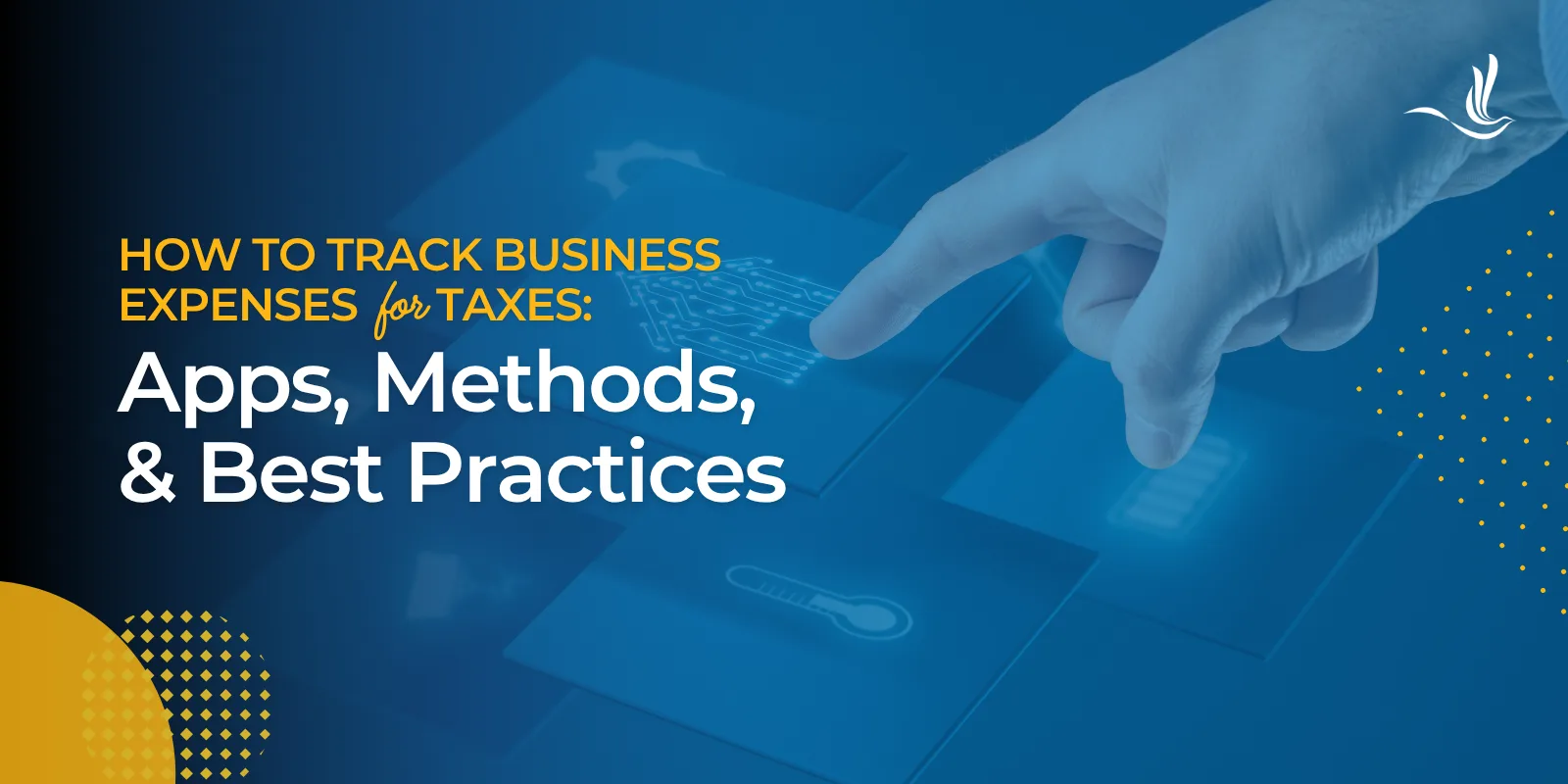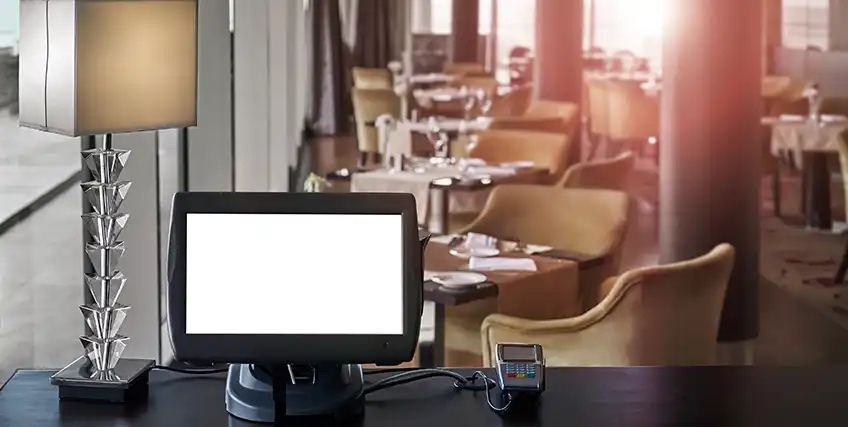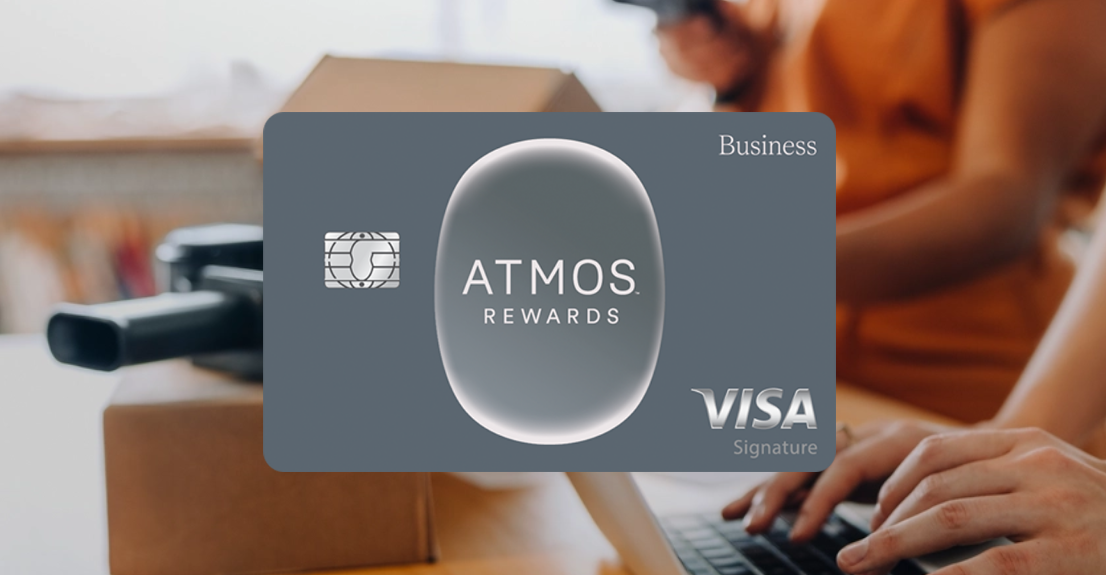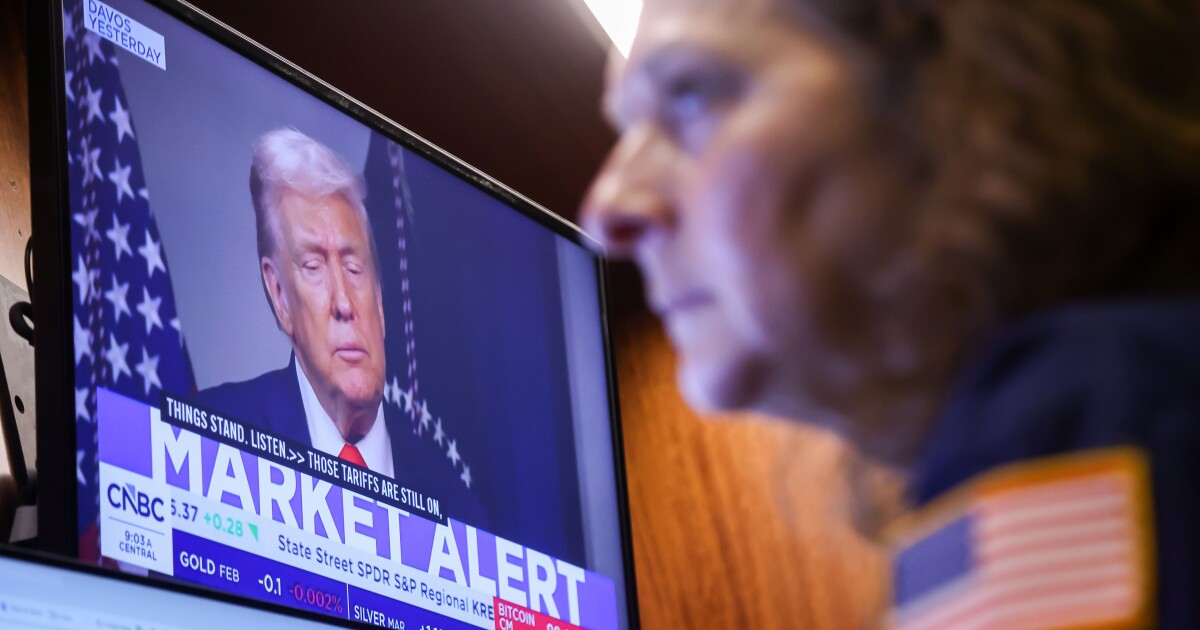Key Takeaways:
- Tracking business expenses helps reduce taxable income and ensures IRS compliance.
- Deductible expenses must be “ordinary and necessary” as defined by the IRS.
- Common business expenses include office supplies, rent, utilities, travel, and professional services.
- Use apps like QuickBooks, FreshBooks, or Expensify to automate tracking and simplify reporting.
- Separate personal and business finances, save receipts, and categorize expenses consistently.
- Accurate records support tax deductions and serve as audit protection in case of IRS review.
Tracking business expenses for taxes is a crucial practice that every business owner must master. Proper expense tracking helps ensure you stay compliant with the IRS. It also helps you maximize deductions, reduce your tax liability, and maintain a clear financial picture of your business. Whether you’re a sole proprietor, freelancer, or small business owner, knowing how to track business expenses for taxes effectively can save you time, money, and stress when tax season rolls around. This guide will walk you through everything you need to know: the importance of tracking expenses, what counts as a business expense, practical methods and tools you can use, and best practices to stay organized throughout the year.
Why Tracking Business Expenses Matters
Good expense tracking is the foundational element of sound business management and tax compliance.
Tax Benefits of Accurate Expense Tracking
The IRS allows businesses to deduct “ordinary and necessary” expenses incurred to run the business. These business deductions reduce your taxable income, potentially saving you thousands of dollars. For example, if your business earns $100,000 but you have $30,000 in legitimate business expenses, you only pay taxes on $70,000.
Accurate records ensure you claim all the deductions you are entitled to. Overlooking or misclassifying expenses means paying more tax than necessary. In contrast, well-documented expenses can maximize your write-offs and reduce your overall tax bill.
Common Consequences of Poor Recordkeeping
Failing to track expenses properly can lead to costly audits, penalties, and even disallowed deductions. Imagine trying to prove a $5,000 deduction years after the fact without receipts or records. As you can imagine, it becomes much harder to defend your claim to the IRS. Poor tracking also leads to cash flow problems, as you may not realize how much you are spending or how close you are to tax deadlines. This can hinder growth and cause unnecessary financial strain.
What Counts as a Business Expense?
Before you start tracking, it’s essential to understand which expenses you can deduct and which you cannot.
IRS Definition of Ordinary and Necessary Expenses
According to the IRS, an ordinary expense is one that is common and accepted in your trade or business. A necessary expense is one that is helpful and appropriate for your business. Both criteria must be met for an expense to be deductible.
Examples of Deductible Business Expenses
- Office supplies: Paper, pens, printer ink, etc.
- Rent: Office or storefront rent paid for business use.
- Utilities: Electricity, water, internet, phone for business use.
- Travel: Business-related transportation, lodging, and meals (subject to limits).
- Equipment: Computers, software, tools, and machinery used in your business.
- Advertising and marketing: Website hosting, online ads, print materials.
- Employee wages and benefits: Salaries, bonuses, and employer-paid taxes.
- Professional services: Legal, accounting, or consulting fees.
Expenses That Don’t Qualify
Personal expenses or those that are lavish or extravagant beyond what is reasonable for your business are not deductible. For example, a vacation to a resort is not deductible, even if you discuss business on the trip unless a significant portion qualifies under strict IRS guidelines.
Best Methods for Tracking Business Expenses
How you track your expenses depends on your business size, complexity, and comfort with technology. Here are common methods.
Manual Methods
- Spreadsheets: A simple spreadsheet where you log each expense, date, amount, and category. This method is low-cost and customizable but requires discipline and time.
- Paper logs and folders: Keeping physical receipts and logs organized by date or category. It’s traditional but can be time-consuming and prone to loss or damage.
Digital Methods
- Receipt scanning apps: Apps that allow you to snap photos of receipts and automatically extract data. They reduce paper clutter and improve organization.
- Cloud storage: Storing scanned receipts and expense records in the cloud (Google Drive, Dropbox) ensures they are backed up and accessible.
- Accounting software: Programs like QuickBooks or FreshBooks integrate tracking, categorizing, and reporting, often syncing with bank accounts for automated expense capture.
Pros and Cons of Each Approach
Manual methods are inexpensive but labor-intensive and prone to human error. Digital methods require an upfront learning curve and potential subscription costs but save time, reduce errors, and provide better audit trails.
Top Expense Tracking Apps for Small Businesses
Expense tracking apps have revolutionized how business owners manage their finances by automating data entry and categorization.
Features to Look for in an Expense Tracking App
- Bank account integration: Automatic import of transactions to avoid manual entry.
- Receipt capture: Ability to photograph and store receipts within the app.
- Categorization: Automatic or customizable categorization of expenses.
- Reporting: Easy export of reports for tax filing or review.
- Multi-user support: For businesses with multiple employees submitting expenses.
- Mobile and desktop accessibility: Access your data on the go or from your office.
Top-Rated Expense Tracking Apps
- QuickBooks: Industry leader with robust features, perfect for small to medium-sized businesses.
- FreshBooks: User-friendly, great for freelancers and service-based businesses.
- Expensify: Focused on receipt scanning and expense reporting. Ideal for businesses with many employee expenses.
- Xero: Comprehensive accounting solution with strong expense management features.
- Zoho Expense: Affordable and customizable, integrates well with other Zoho products.
- Wave: Free, basic expense tracking suitable for freelancers and sole proprietors.
How to Choose the Right One for Your Needs
Evaluate your budget, business size, technical comfort level, and whether you need integrated accounting or standalone expense tracking. Most apps offer free trials. You should test a few before deciding.
Best Practices for Staying Organized Year-Round
Expense tracking is a year-round process, not just a tax season scramble.
- Separate Personal and Business Finances: Mixing personal and business expenses complicates recordkeeping and can raise red flags with the IRS. Open a dedicated business bank account and credit card for all business transactions.
- Save and Categorize Receipts: Organize receipts by date and category as you receive them. Use apps or envelopes/folders if you prefer paper. This habit prevents a backlog later.
- Schedule Regular Check-Ins: Set aside time weekly or monthly to review, categorize, and reconcile expenses. Regular maintenance keeps your records accurate and reduces year-end stress.
- Back Up Your Records: Whether you keep paper files or digital records, ensure you have backups. Use cloud storage solutions to prevent data loss from hardware failure or theft.
- Work with a Bookkeeper or Tax Professional If Needed: As your business grows, consider professional help to maintain records and optimize deductions. A CPA can also help prepare you for audits.
How to Use Expense Reports and Categories Effectively
Organizing expenses into the right categories simplifies tax filing and financial analysis.
Common IRS Categories for Deductions
- Legal and professional services
- Repairs and maintenance
- Travel, meals, and entertainment
Tagging Reimbursable vs. Non-Reimbursable Expenses
If your business reimburses employees or contractors, keep reimbursable expenses separate from business-paid expenses to avoid double deductions or reporting errors.
Setting Up Clear Policies for Teams
If you have employees submitting expenses, provide guidelines on what qualifies, how to submit, and deadlines. Use apps that support multi-user expense submissions to streamline approval.
How Expense Tracking Supports Tax Filing and Audit Defense
Good records help when filing taxes and provide protection in case of an audit.
Making Deductions Easy to Justify
When your expenses are well-documented, it’s straightforward to fill out tax forms accurately. For example, QuickBooks can generate an expense report that maps directly to IRS categories, reducing guesswork.
Supporting Documentation for IRS Audits
The IRS requires proof for deductions claimed. If audited, having receipts, bank statements, and expense logs ready can substantiate your claims and prevent penalties.
Real-Life Examples
A freelance graphic designer once claimed home office and supply expenses but had no receipts and poor tracking. The audit disallowed many deductions, leading to a $3,000 additional tax bill plus penalties. Had they used a receipt scanning app and organized their expenses, this could have been avoided.
Frequently Asked Questions
What is the best way to track business expenses for taxes?
The best way to track business expenses is by using accounting software or expense tracking apps that sync with your bank accounts and categorize expenses automatically. Tools like QuickBooks, FreshBooks, or Expensify simplify tax preparation and help maintain IRS-compliant records.
What is the $75 rule in the IRS?
The IRS $75 rule allows you to deduct certain business expenses under $75 without a receipt, such as meals or transportation, but only if documentation still supports the expense’s purpose, date, and amount. However, keeping receipts is still recommended for all expenses.
Does the IRS still require receipts for business expenses?
Yes, the IRS generally requires receipts or proper documentation for business expenses, especially those over $75. Keeping itemized receipts, bank statements, and digital records helps prove your deductions in the event of an audit.
Should small businesses use cash or accrual accounting?
Most small businesses use the cash accounting method because it’s simpler and tracks income and expenses when money is actually received or paid. However, accrual accounting provides a clearer picture of long-term financial health and may be required as your business grows.
Can you write off business expenses without revenue?
Yes, you can deduct eligible business expenses even if your business didn’t earn revenue, especially in the startup phase. However, consistent losses may raise red flags with the IRS and trigger a hobby loss rule review.
Tax Help for Small Businesses
Tracking business expenses for taxes doesn’t have to be overwhelming. With the right methods, tools, and habits, you can maintain clean records, maximize deductions, and reduce stress come tax time. By taking control of your expense tracking today, you’re setting your business up for long-term financial success. Optima Tax Relief is the nation’s leading tax resolution firm with over a decade of experience helping taxpayers.
If You Need Tax Help, Contact Us Today for a Free Consultation
Publisher: Source link











